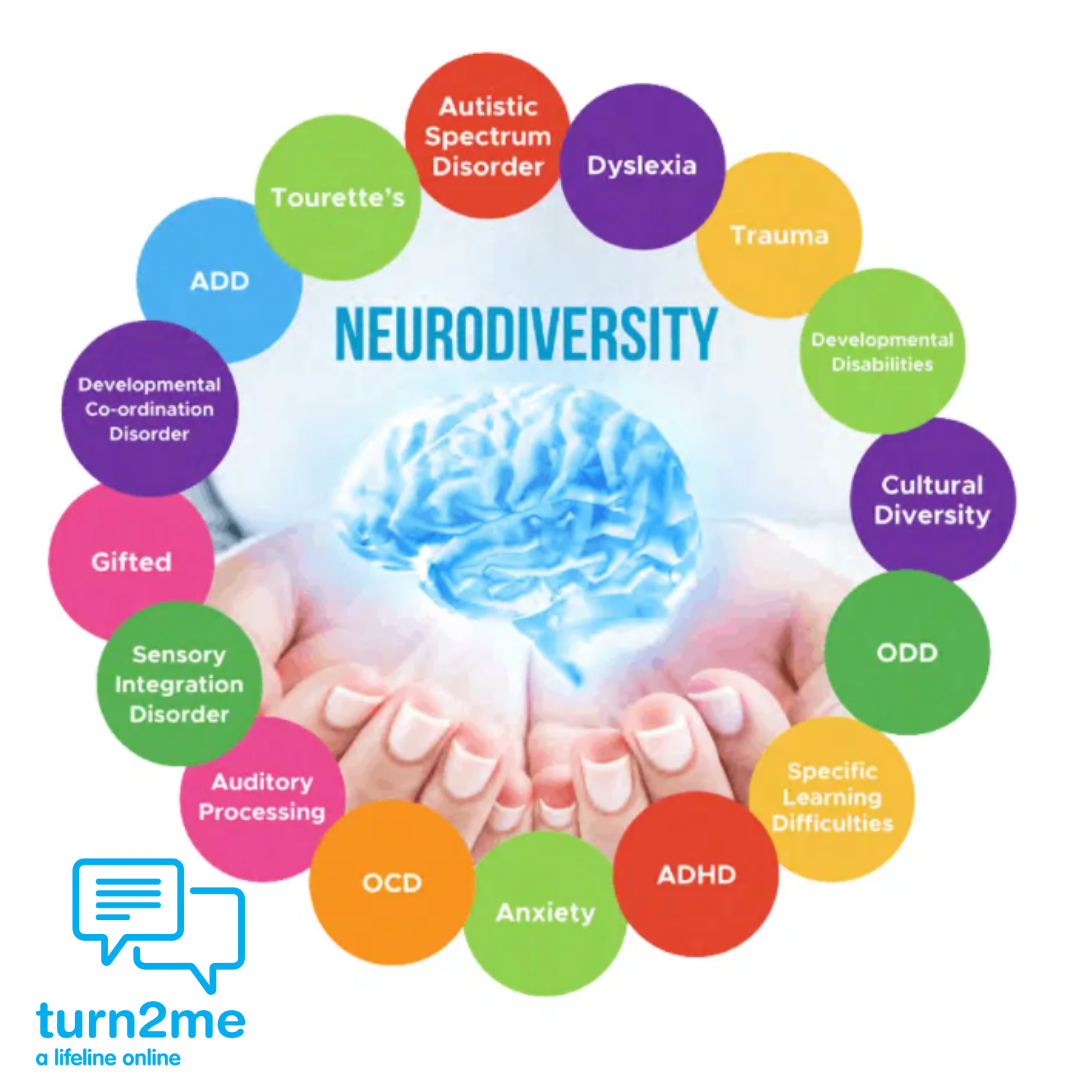As an adult it has been interesting to say the least. Only last year I was diagnosed with ADHD and previously accepted that I am Autistic.
Societal Expectations
As a child I lived in a society where the set views of adults around me were that children were lazy or shy if they didn’t fit a perfect mould. It was very rare to know a diagnosed child and the possibility that I was Neurodivergent was never even raised, though labels like lazy were consistently thrown my way. Growing up, school was never for me. I couldn’t do homework on time at home, I completed it on the bus journey in or in the corridor before class started. It felt like all I was capable of was excuses and the bare minimum.
Didn’t Fit In
As a teen my brain was full of feelings and thoughts that I didn’t fit in, my brain not working like everyone else. I struggled to socialise by not knowing what to say, so I kept my social circle small. My whole life my mind has been racing with things to say and unfortunately, I am rarely able to get one thought out of my mind before I forget what I was about to say. The thoughts can quickly become overwhelming:
What should I say? What am I supposed to say? How should my hands be? Is my body language, okay? Remember not to move my hands. No, I can’t fidget with things in my pocket. Remember it’s not appropriate to play piano or guitar on my leg or on the air. I wanted company and touch, but was too overwhelmed for people. I’m unsure how to act when around people, unsure of what I am supposed to do.
Hyper Focus
When the pandemic hit, I eventually succumbed and downloaded Tik Tok. Tik Tok and other social media platforms gave me a dopamine hit. When videos are short it helps to keep my attention. Then came the different sides of Tik Tok. Geek-Tok, queer-toc and of course neurodiverse-tok. Very soon I was able to relate to all these ADHD and Autistic videos. While so many people would be able to recognise aspects of ADHD e, in themselves for example saying oh I do that too, it’s different for someone who identifies as an ADHDer. Take hyperfocus as an example. This is when a neurodivergent person becomes intently focussed on something to the point they could block out external stimuli or even internal needs. Someone who is not neurodiverse may read a book. They say when they read, they get lost in the book. However, when I get hyper focused on a book, nothing else is going on. The only thing that is happening is the book and that is it. There were countless times as a kid when I would be reading at home or in the car and it would take someone to physically touch me and shake me to break my attention only to be told I was being called for five minutes which isn’t an exaggeration. Far too often I would become immersed in a task to the point I wouldn’t even realise that I am hungry or thirsty – knowing only the task and my thoughts relating to that.
Diagnosis and self-identity
When I realised, I was neurodivergent I sought a diagnosis. I know self-identity is very valid but I wanted a diagnosis so I could access medication if it was needed. Knowing and finding that my brain isn’t “broken” and that I am not alone, that there is support out there has been good for my mental health.
If you too think you may have ADHD organisations like ADHD Ireland run support groups and can direct you where to go for additional support, which I did to get diagnosed.
Joining groups like Neuro Pride Ireland has helped me feel a part of a community which supports each other with problems that I may have and have others who can relate to it. We can celebrate each other, our neurodiversity, build connections and realise we are not the problem. I am not broken. I am not alone!
